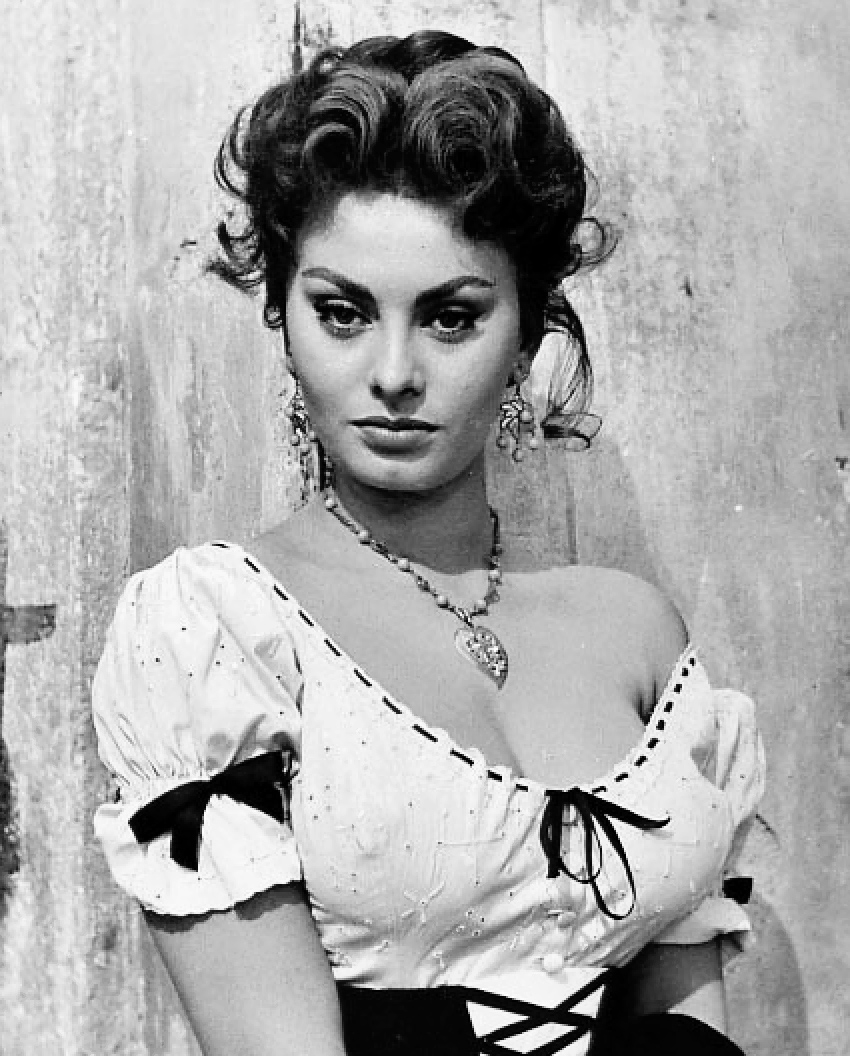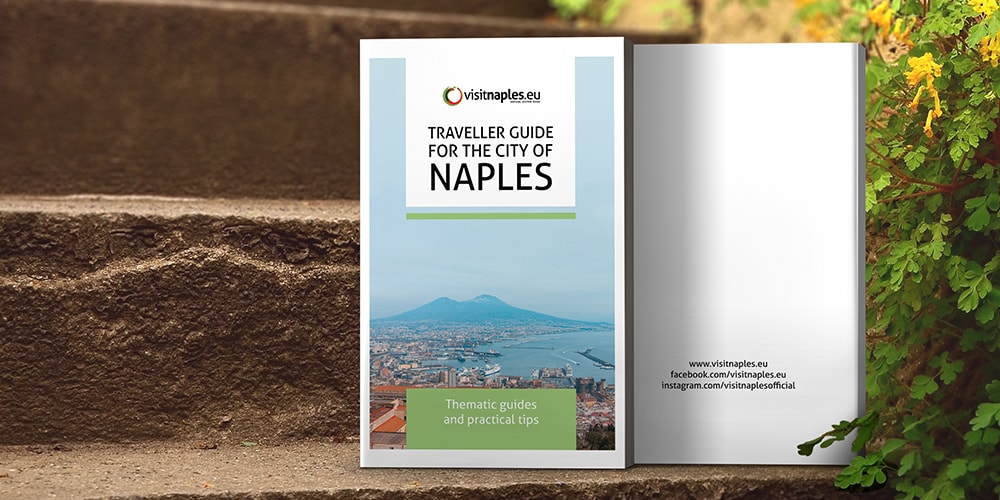The exaltation of the female figure in Neapolitan culture

Sofia Loren
In the Neapolitan poetry and music the woman is often protagonist and muse. She is described as an angel to love as well as a devil to avoid at all costs.
This contrast is evident inside Neapolitan sayings too. The woman is praised in every aspect: for her qualities and her defects. The Neapolitan sayings express the all-round femininity!
First, let us make an introduction: many Neapolitan sayings come from the past, when the women figure used to be considered in a different light. Nowadays, most of these proverbs are used not so much to refer to the woman herself but as a metaphor referring to something different.
Here in Visit Naples, we propose some of our favourites, trying to explain their meaning too.
20 Neapolitan proverbs about women

The protagonists of Amica geniale on TV.
- A femmena è comme ‘o tiempo ‘e marzo: mò t’alliscia e mò te lascia (The woman is like March month, while she caresses you, she betrays you): The woman is compared to the March month, when Spring starts and the weather is often uncertain. The woman could be moody and hurt her lover.
- A femmena ne sape una cchiù d’ ‘o riavulo (The woman knows one more than the devil): Famous proverb that emphasizes the women's cunning and shrewdness.
- ‘A femmena è comm’ ‘o mellòne: ogne ciènte, una (The woman is like a watermelon: out of a hundred comes a good one): Founding the "right" woman is often hard and as for fresh fruit you need to look for and "cultivate" it.
- Chi tène appaùra nun se cocca cu ‘e ffémmene belle (Who is afraid or shy will never sleep with the beautiful women): It's comparable to the best-known saying "Fortune favours the brave". Sometimes during life, who dares is the winner, in everything, not just with women and romantic relationships. If you overcome your own timidity, you'll reach unbelievable results!
- Nu buono marito fa ‘na bona mugliera (A good husband has a good wife): Here husband and wife are metaphors. The hiding meaning is "where there is a good boss or teacher, there are good employees or students".
- A monaca de Camaldoli: muscio nun le piaceva e tuosto le faceva male (The nun of Camaldoli - Naples' area - doesn't like it soft and hard hurts her): The Neapolitan proverb describes in a colourful way someone who is hard to please, not only referring to a woman but to an employer too.
- Na femmena e ‘na papera arrevutaino ‘na città (A woman and a duck revolutionized the city): A goose that quacks and a woman that chats and argues make in the same way huge havoc. This comparison is used in many Neapolitan sayings.
- Chi ato nun ave, cu ‘a mugliera se còcca (Who has nothing, he goes to sleep with his wife): When there are few opportunities, you go back to your usual routine, the one that is always there and never lets you down. The proverb is used in a general way, not just in the field of emotions.
- Quanno ‘a moda dice ca è ora vide ‘a femmena cò culo ‘a fora (When the fashion says it's time, the girls go out bare-bottom): The fashion leads and this proverb in a colourful way explains perfectly the situation: everything seems to be lawful when it's mass use.
- A bella figliòla nun manca ‘nnammurato (A beautiful girl never lacks lovers): The beautiful women always have suitors, but the proverb hides another meaning. The saying means that where there are wealth, beauty and convenience, there are always people around, "like flies to honey".
- A femmena è comme a campana: si nun ‘o tuculeja nun sona (The woman is like a bell: if she doesn't shake it, she won't play): Inside this saying you could read a clear sexual reference, but it's not so! It's an encouragement to take the initiative and to be enterprising.
- Dicette ‘a femmena a ‘o cecato: ddoje cose nun e’ puo’ fa, o me futti, o mmé vasà (The woman said to the blind man: you can't do two things at once, you either make love to me or you kiss me): This saying is a funny way to be patient and don't rush.
- Quanno ‘a femmena vò filà, fila pure cu ‘o spruòccolo (When the woman wants to spin, she will spin even with the wool's stick): The saying emphasises the women's stubbornness: when a woman makes up her mind about something, she hardly won't succeed.
- A muglièra ‘e ll’ate è sempe cchiù bella (The other's wife is always more beautiful than yours): The saying refers to the people's envy for the others, like the more famous proverb "The grass is always greener on the other side".
- A femmena pe’ l’ommo addivènta pazza, l’ommo p’ ‘a femmena addivènta fesso (Women go crazy for the men. Men go stupid for the women): This saying compares how men and women have different ways of loving.
- A femmena curtulella fa figlie a tummulelle (The short woman has many children): This Neapolitan saying has the same meaning as the proverb "Good things come in small packages".
- A femmena è comme all’onna d’ ‘o mare: o te sulleva o t’affonna (The woman is like a sea wave: she can lift you or take you down): One of the most poetic proverbs about the woman, who can give you pleasure as well as hurt you.
- E femmene d’ò lavanaro, sennò scen o’ marito e saglie o’cumpare (When the washerwomen's husbands go out, their lovers come in): This saying has no meaning nowadays, but it's interesting because it refers to an old rumor about the Neapolitan washerwomen.
- Fà sciacqua Rosa e bive Agnese: This saying refers to an anecdote about two girlfriends that presumably were participating in a challenge game: while Rosa was drinking to excess, being content with a cheap wine mixed with water, Agnese was drinking a good one, but with one result: at the end of the game, both of them get sick because of their wicked addiction. The saying's anecdote is referred to who endeavours to squander a patrimony.
- 'A femmena 'nfenesta nun fa maje festa (For the woman that strays to the window, the days are all the same): This saying represents in a way a piece of some areas of Naples lifestyle, where there's always a woman at the window to observe what surrounds her, always watching the same things. The saying wants to be an invitation to freedom: to leave your window and go out to really live your life and not just like a spectator.










Lascia un commento